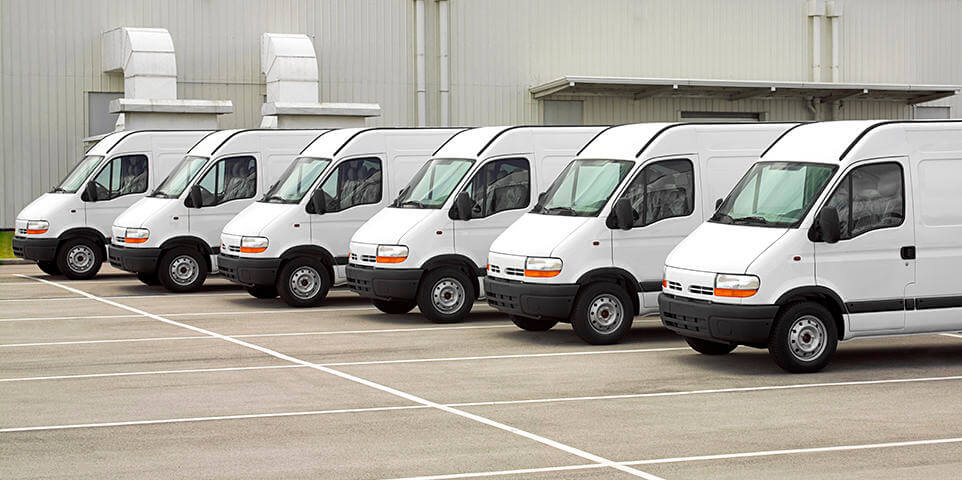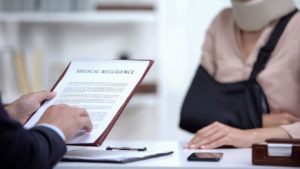If the vehicle is insured, the insurance company will pay for the damage. If the accident results in uncovered injuries or damages, the responsible party will pay. The auto insurance policy on a company car will most likely be in the company name. But in some cases, if the employee is the responsible party in terms of liability, the employee may be required to pay the company back. Depending on how the employee was using the company car, it may be also the employer who pays for damage caused by the accident.
When discussing accident damage and fault involving employers and employees, most judges and lawyers apply the principle of respondent superior. This means that employers are generally responsible for the actions of their employees, as long as an employee is acting within the scope of employment. Defining “scope of employment” can be difficult. Most states accept that if the employee is performing work-related tasks while driving the car, the company is responsible for insurance-related matters. On the other hand, if the employee is driving the company car on personal business, the respondeat superior principle does not apply. If the employee is running personal errands or commuting to or from work, the employee is liable for the accident.
There are several other factors that will influence which party is liable for an accident in a company car. For example, the company may have a car policy or contract that either makes it liable or excludes it from liability in the event of an accident. The state in which the accident took place may also affect the liability determination. Different jurisdictions have different rules about liability. The terms of the insurance policy will play an important role as well. Some companies purchase collision insurance to cover employees, but that coverage may be limited or restricted according to certain factors.
If the employee is acting within the scope of his or her employment, the employer cannot force that employee to pay any damages related to the accident. If the behavior leading to the accident was reckless or violated company rules, the employee can be fired. In most states, employment is at-will. That means an employee can quit or be fired at any time. Regardless of fault, an employee in this situation should speak to his or her boss or supervisor to fully understand the company’s position in the matter.
To determine liability, the courts will always need a careful recount of the facts regardless of the type of accident. Even if the accident involves a company car, it is important that the driver remember the basic details of the event. If you are involved in an accident, make sure you obtain the other driver’s license number, insurance policy information and a police report. If there were witnesses, collect their contact information and any statements they may be able to offer. Providing all available information will give the court a clear path forward when determining liability. This can make the situation easier for the employer and employee.
Remember, each case is unique, so contact HURT-511 for more information on workers’ comp statute and our personal injury lawyers help injured workers recover the benefits to which they are entitled by law. For a free consultation with an experienced workers’ compensation lawyer, call us toll-free at 800-4878-511 or complete our online form. Our firm handles accident and injury claims throughout all five boroughs of New York.
HURT-511 operates in all boroughs of New York including all Bronx neighborhoods, namely: Bedford Park, Belmont, Fordham, Highbridge, Hunts Point, Jerome Park, Kingsbridge, Morris Park, Morrisania, Mott Haven, Parkchester, Riverdale, Spuyten Duyvil, Throgs Neck, University Heights and Woodlawn.





 Trusted Reviews
Trusted Reviews



